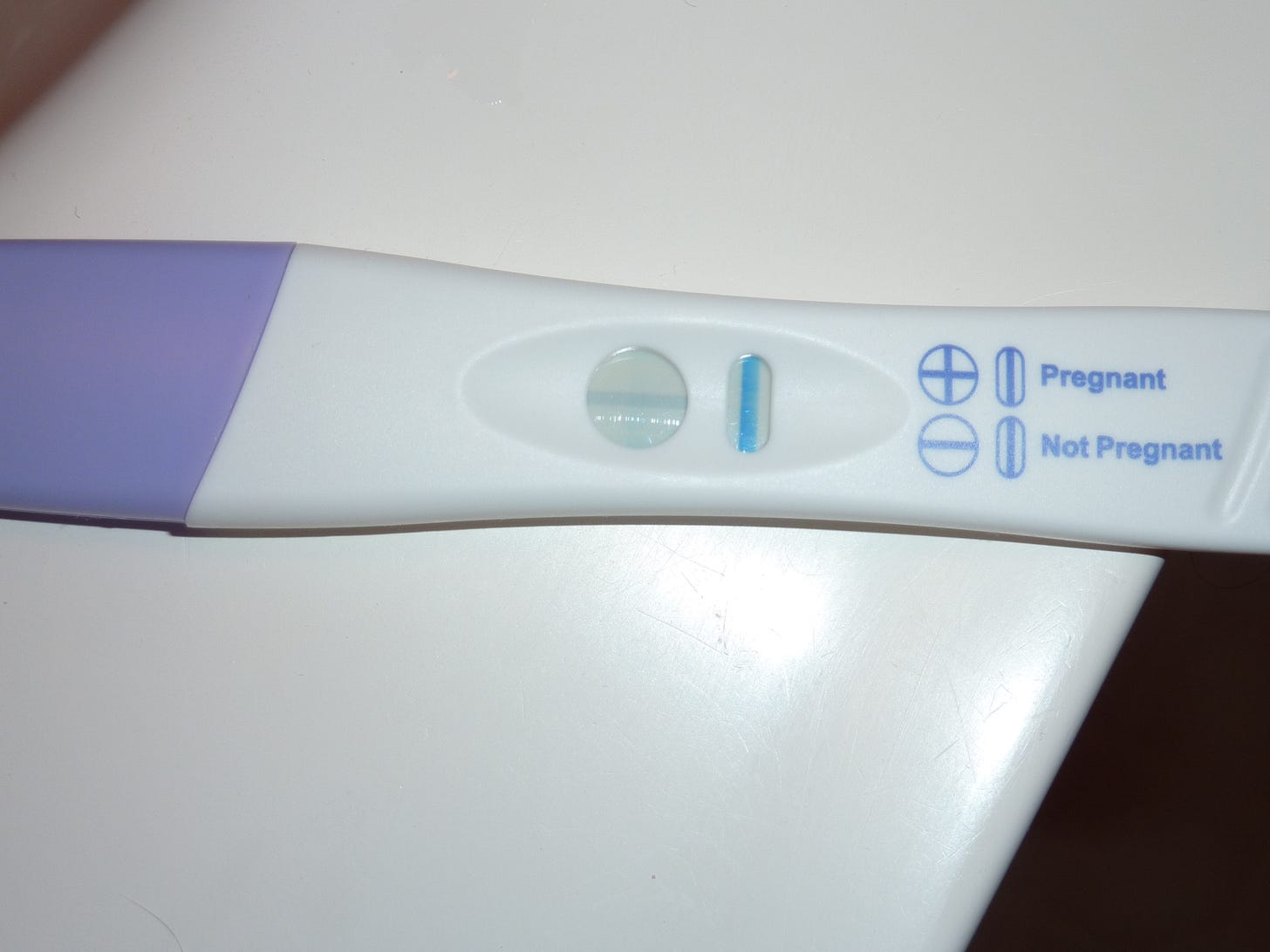Christian Williams asks great questions. She has a podcast coming up, and graciously invited me to talk with her about Elizabeth for an episode. And because of our lovely discussion (thank you, Christian!) I can’t stop thinking about her.
Elizabeth—descendant of Levi, old, and barren—appears “only” in the first chapter of Luke i…
Keep reading with a 7-day free trial
Subscribe to When and Where I Enter to keep reading this post and get 7 days of free access to the full post archives.




